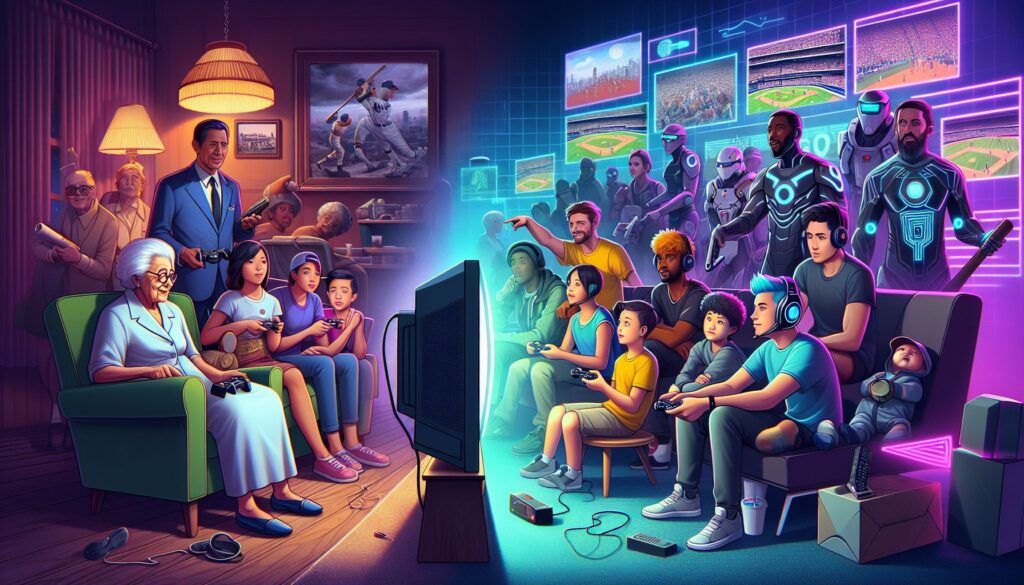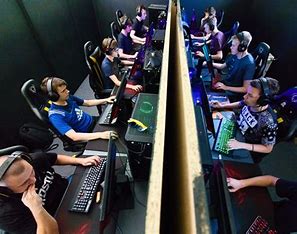Evolution of Entertainment: The Meteoric Rise of Esports

The rapid expansion of digital technology has stimulated an outstanding evolution of the entertainment industry. From traditional forms of entertainment to new digital platforms, the wave of change has been incredibly transformative. Amid this revolution, one landscape that stands out is Esports, which, over the past decade, has experienced a meteoric rise. Its impact on society and the alterations it has brought about in our perception of sports and entertainment are worth exploring.
The Phenomenal Growth of Esports
Esports, or electronic sports, has dramatically transformed from being a lesser-known sub-culture confined to basements and LAN parties into an entertainment powerhouse today. This transformation has been substantially fueled by advancements in technology. High-speed internet, sophisticated gaming gear, and streaming platforms have all contributed to the popularity and mainstream acceptance of this form of entertainment.
The global audience for esports has exploded, with the number of esports enthusiasts projected to cross the 500-million mark in 2021—signalling a profound cultural shift. Esports has transcended being merely individual home entertainment, with massive, packed-out tournaments taking place globally, spectatorship rivaling traditional sporting events, and increasing inclusion of esports into mainstream sports events.
The Impact on Entertainment and Society
The rise of esports directly challenges the traditional notion of sports and entertainment. The digital phenomenon invites a fresh perspective on what constitutes a sporting event, as physical strength and real-world arenas give way to virtual battlegrounds and strategic prowess.
While at a glance, esports might seem like an isolating pursuit, it has emerged as a social leveller, connecting gamers across borders, and fostering a sense of community and shared excitement that rivals the atmosphere of classic sporting events. Local communities of gamers evolve into global networks of engaged, passionate fans.
Moreover, the rise of esports has opened up a whole new world of advertising and sponsorship opportunities, with more brands recognizing the potential of this growing millennial and Gen Z market. Professional esports teams are now receiving sponsorships and deals that were once the behest of traditional sports teams—reflecting esports’ growing acceptance as mainstream entertainment.
Looking Forward
Just as important as recognizing the current impact of esports is looking at its future trajectory. The formulation of official regulations, the potential inclusion in the Olympics, the construction of elaborate esports arenas – these are all signs of a maturing industry with promising prospects. Esports charters unexplored territory in both the realms of entertainment and sports, and as it continues to grow, it may alter further the way we perceive and consume entertainment.
Esports’ growth can well be an indicator of the future of entertainment – increasingly digitized, interactive, and global. Interestingly, it can also act as a social barometer, reflecting our evolving relationship with digital technology, our needs for connection, competition, and entertainment.
The esports revolution signals a broader transformation in the global entertainment industry, fuelled by technological innovation. It offers a perfect example of how digital landscapes can blur traditional lines, connecting and inspiring communities worldwide. As it morphs and expands, the narrative of esports will undoubtedly continue to hold sway over our collective social and cultural outlook.






